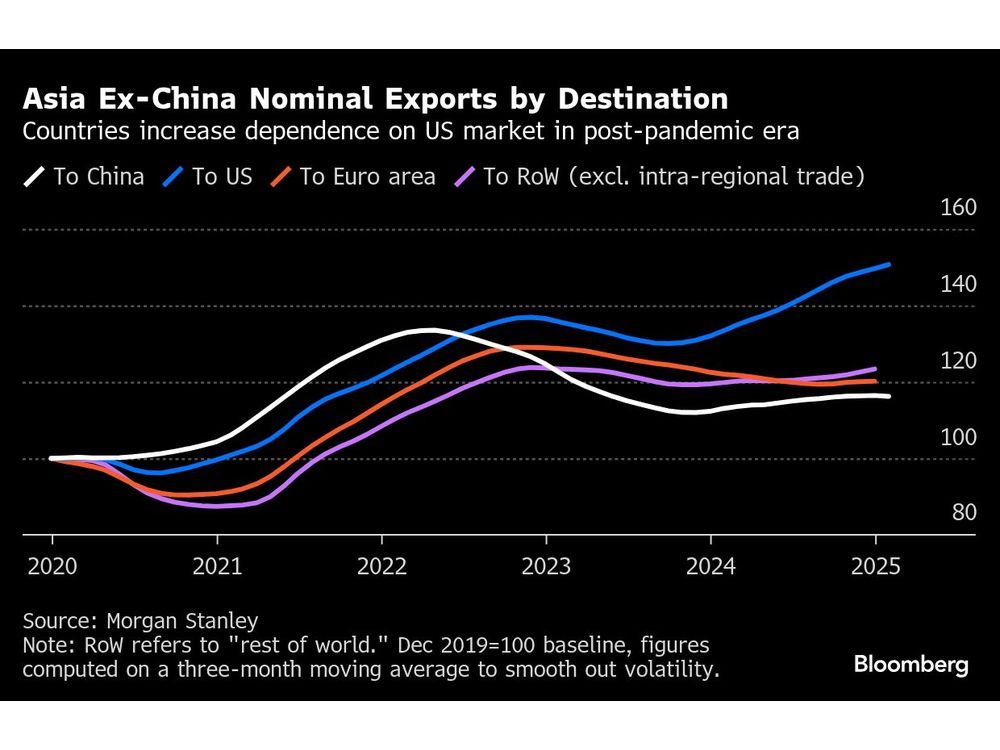How much money do you need to retire? This is a question that many people are asking as they near retirement age. The answer depends on a number of factors, including how much money you currently have saved and how much you plan to spend each year in retirement. In this blog post, we will discuss the different savings benchmarks that you need to reach in order to retire comfortably. We will also provide some tips on how to achieve these savings goals.
How to save for retirement and how much you need to save each month
The first thing to consider when trying to determine how much money you need to retire is your current savings. If you have a 401(k) or other retirement accounts, you will want to make sure that you have enough saved in these accounts to cover your expenses for at least a few years. If you do not have any retirement savings, you may want to start by saving enough money to cover your basic living expenses for one year. Once you have this safety net in place, you can begin working on saving for retirement.
There are a number of different ways to save for retirement. You can contribute to a 401(k) or IRA account through your employer. You can also open a Roth IRA or traditional IRA account on your own. These accounts offer tax advantages, and you can contribute up to $18,000 per year in total (or $24,000 if you are over 50 years old).
Another option for retirement savings is a health savings account (HSA). An HSA allows you to save money for medical expenses tax-free. You can contribute up to $3450 per year (or $6900 if you have a family).
Once you have decided how you are going to save for retirement, you need to set a savings goal. A good rule of thumb is to try and save at least 15% of your income each year. This may seem like a daunting task, but there are a number of ways to make it easier. You can start by automating your retirement contributions so that the money is taken out of your paycheck before you even see it. You can also choose to invest in stocks or mutual funds, which can offer higher returns than savings accounts or certificates of deposit.
If you are still working, one of the best ways to save for retirement is to take advantage of employer matching programs. Many employers will match a certain percentage of your contributions, up to a certain amount. This can be an easy way to boost your retirement savings without having to make any changes to your budget.
If you are nearing retirement age and have not yet saved enough money, there are a few options to consider. You can delay retirement for a few years so that you can save more money. You can also choose to downsize your lifestyle in retirement so that you can live on less income. Finally, you may want to consider working part-time during retirement so that you can still bring in some extra income.
No matter what your retirement savings goal may be, it is important to start saving as soon as possible. The more time you have to save, the less you will need to contribute each year. And remember, every little bit helps – even if you can only save a few dollars per week, over time this will add up to a significant amount of money.
What factors can affect how much money you’ll need in retirement?
There are a number of different factors that can affect how much money you will need in retirement. These include:
-How long you will live: The longer you live, the more money you will need to cover your expenses.
-Your health: If you require expensive medical treatments or medications in retirement, this will increase your overall costs.
-Your lifestyle: If you plan to travel or pursue hobbies that are costly, you will need to factor this into your budget.
-Inflation: Over time, the cost of living will increase. This means that your retirement savings will need to grow at a rate that keeps up with inflation.
-Taxes: The amount of money you receive from Social Security and other government programs may be reduced if you retire early or have a high income. You will also need to pay taxes on any income that you earn from investments.
-Interest rates: If you plan to invest your retirement savings, the interest rate will affect how much money you earn overtime.
It is important to consider all of these factors when planning for retirement. The more you know about what to expect, the better prepared you will be.
Tips for saving more money each month
There are a number of different ways to save more money each month. Here are a few tips:
-Create a budget and stick to it: This will help you to track your spending and make adjustments as needed.
-Save automatically: You can set up automatic transfers from your checking account to your savings account or retirement fund.
-Earn extra income: You can take on a part-time job, start a side hustle, or invest in rental properties.
-Reduce your expenses: Take a close look at your spending and see where you can cut back. You may be able to save money by eating out less, driving a less expensive car, or downsizing your home.
Conclusion
Saving for retirement doesn’t have to be complicated. By starting early and contributing regularly, you can reach your goals. And don’t forget to take advantage of employer matching programs and other opportunities to boost your savings. What are your best tips for saving for retirement? Let us know in the comments below.
Further questions
What's your question? Ask it in the discussion forum
Have an answer to the questions below? Post it here or in the forum




